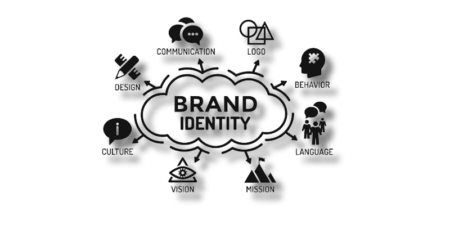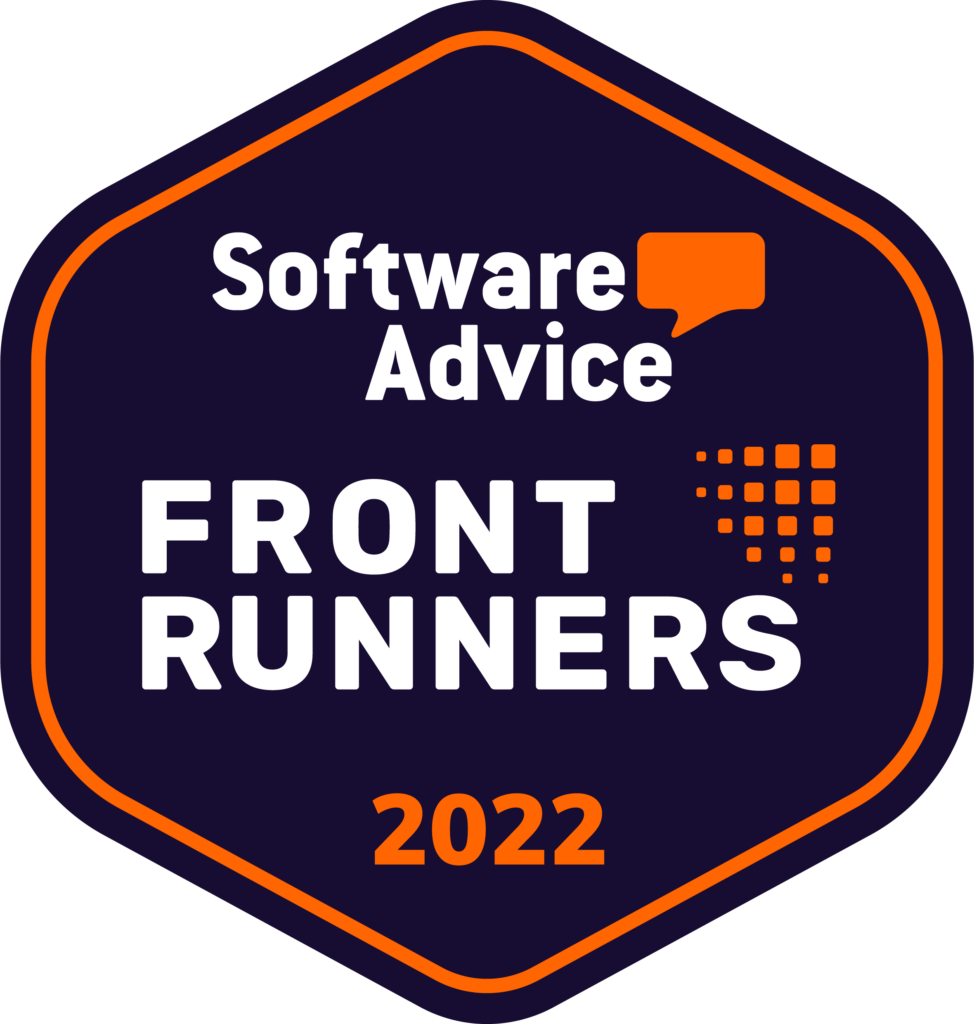Building a strong personal brand is crucial for establishing credibility and differentiating yourself in a competitive market. Thus, personal branding tips for entrepreneurs can help open doors to valuable opportunities to grow.
In this article, we will explore the top 13 personal branding tips for entrepreneurs. This will help you create a professional identity that resonates with your target audience. These tips will also guide you in crafting a persona that sets you apart in the digital space.
Let’s get started to propel your entrepreneurial journey forward.
Top 13 Tips for Entrepreneurs
Personal branding is an ongoing process that requires consistency, adaptation, and a genuine commitment to providing value to your audience. Whether you’re just starting or looking to revamp your existing brand, understanding the key elements of personal branding for entrepreneurs is essential for success.
Moreover, if you have been stuck on personal branding—where to start—the following tips will serve as a convenient guide.
1. Define Your Brand Identity
Establishing a clear brand identity is the foundation of effective personal branding. You must identify your core values, mission, and unique selling propositions (USPs) to define your brand identity. These elements guide your brand messaging and decision-making.

Create a personal brand statement that concisely reflects who you are, what you do, and what sets you apart. This statement should be authentic and resonate with your target audience.
Here’s an example for your reference:

2. Create a Professional Website
Having a personal website serves as a central hub for your brand. It allows you to showcase your expertise, share your story, and provide valuable content to your audience.
When creating your website, ensure it is visually appealing, user-friendly, and optimized for search engines. Moreover, having a professional website enhances credibility and makes a lasting impression on visitors.
Don’t forget to include key pages such as an “About” section, a portfolio or case studies, and a blog. These pages help visitors understand your background, expertise, and the value you offer as an entrepreneur.
3. Leverage Social Media
Social media platforms are efficient ways to build your personal brand. The key is to choose the right platforms for your brand based on your target audience and the type of content you want to share.
It is important to maintain a consistent brand voice across all platforms when using social media. Your messaging should be authentic, engaging, and aligned with your brand identity. This helps build and promote a recognizable brand.
Furthermore, engage with your followers, share valuable content, and participate in relevant discussions. Active engagement helps build relationships and establish your presence as a thought leader.
4. Content Creation
Personal branding fosters an emotional connection with the audience. As an entrepreneur, sharing personal stories, experiences, and insights, entrepreneurs will engage your audience on a deeper level. This connection can increase loyalty and advocacy, as customers are more likely to support brands that resonate with their values and experiences.

Creating valuable content is essential for showcasing your expertise and attracting your target audience. Produce content in various formats, such as:
- Blogs: Share insights, tips, and industry news to demonstrate your knowledge and provide value to your readers.
- Videos: Create engaging videos that showcase your personality, expertise, or behind-the-scenes content.
- Podcasts: If you enjoy public speaking, consider starting a podcast to share your ideas and connect with listeners.
- Infographics: Use visually appealing infographics to present complex information in an easy-to-digest format.
Consistency in messaging, visuals, and interactions reinforces credibility. Entrepreneurs presenting a cohesive brand across all platforms signal professionalism and reliability. This consistency helps audiences feel more confident in engaging with the entrepreneur’s offerings.
5. Networking and Collaboration
A strong personal brand attracts individuals who share similar values and interests. This alignment can lead to meaningful connections and relationship-building with potential collaborators, mentors, and partners.

Moreover, connecting with other professionals and influencers can lead to valuable opportunities and help you expand your reach. To network effectively, join relevant online communities, forums, and groups to engage with your peers and share your expertise.
Collaborating with other professionals on projects, guest posts, or co-hosted events allows you to tap into new audiences. This eventually leads to mutually beneficial relationships, which can provide support, resources, and insights that contribute to business growth.
6. Engage with Your Audience
Personal branding establishes a memorable presence and increases visibility within industry circles and audiences. One of the most essential personal branding tips for entrepreneurs is actively engaging with their audience. This is crucial for building relationships and fostering a sense of community.
Respond promptly to comments, messages, and inquiries when engaging with your audience. This shows that you value their interactions and feedback.
Furthermore, ask for feedback and opinions on your content, products, or services. Engaging with your audience helps you better understand their needs and preferences while fostering community.
7. Utilize Personal Branding SEO
A strong personal brand allows you to articulate what makes you unique. It lets you identify your strengths, passions, and values to create a distinct identity that resonates with your target audience. However, all efforts might go to waste if you don’t optimize your personal brand.
Optimizing your online presence for search engines can help you attract more visitors and establish your authority in your field. To optimize for SEO, conduct keyword research to identify relevant terms and phrases your target audience is searching for. An example of an optimized Instagram bio is illustrated below:

Incorporate these keywords strategically into your website content, social media profiles, and other online platforms. Monitoring your online reputation and addressing any negative mentions or reviews promptly and professionally is also crucial.
8. Showcase Testimonials and Reviews
Positive feedback from clients, colleagues, or industry peers can significantly enhance your credibility. So, collect written testimonials, video testimonials, or case studies highlighting the value you provide.
Then, display these testimonials on your website, social media profiles, and other marketing materials. Always encourage satisfied clients to leave reviews on platforms like Google, LinkedIn, or industry-specific directories.
9. Be Authentic
Authenticity is the foundation of a strong personal brand. When you are genuine to yourself, you build trust and create a lasting connection with your audience. Besides consistently sharing valuable insights, experiences, and knowledge, entrepreneurs can position themselves as reliable sources of information in their field.
Share your personal stories, experiences, and perspectives to build an authentic personal brand. Vulnerability and transparency help you connect with your audience on a deeper level.
All in all, align your actions and decisions with your core values and mission. Acknowledging your strengths and weaknesses and owning your flaws or areas for improvement makes you more relatable and trustworthy.
10. Stay Consistent
Consistency is key in personal branding. Maintaining a cohesive brand image across all platforms and interactions helps reinforce your message and build recognition.
To stay consistent, develop a consistent visual identity, including your logo, color palette, and typography. Consistent visuals help your brand stand out and be easily recognizable. To ensure consistency, it’s important to create a logo as part of your visual identity along with a color palette and typography.
Furthermore, use the same brand voice and messaging across all platforms, whether formal, conversational, or somewhere in between. Also, remember that your brand’s tone, personality, and values are reflected in all your interactions, content, and marketing materials.
11. Monitor Your Brand
Regularly monitoring your brand’s online presence and reputation is essential for maintaining control over your narrative. To do this effectively, you can set up Google Alerts or other monitoring tools to track mentions of your name or brand across the web.
In addition, regularly check your social media mentions, comments, and direct messages to stay on top of audience interactions. Also, address any negative mentions or reviews promptly and professionally.
Responding to feedback shows that you value your audience’s opinions. It also provides you with an opportunity to enhance your personal brand overall.
12. Adapt and Evolve
Personal branding is an ongoing process that requires adaptation and evolution. As your business grows and your audience changes, your brand must adapt to stay relevant and engaging.
Hence, regularly review your brand strategy and adjust based on audience feedback, market trends, and growth and development. Moreover, stay up-to-date with industry news, best practices, and emerging technologies relevant to your business.
Additionally, be open to exploring successful personal brands, content formats, and marketing strategies to keep your brand fresh and engaging.
13. Invest in Professional Development
This may sound like an unpopular personal branding tip, but investing in your own professional development helps you stay ahead of the curve and provide more value to your audience. Continuous learning and skill enhancement are essential for maintaining a strong personal brand.
Attend workshops, courses, or conferences that align with your industry or areas of expertise. Additionally, seek out mentors or coaches who can provide guidance, feedback, and support as you navigate your entrepreneurial journey.
Conclusion
To sum up, personal branding is crucial for entrepreneurs because it transforms them into recognizable and trusted authorities in their industry. It differentiates them from competitors, builds credibility, attracts ideal clients, and opens doors to new opportunities.
By carefully crafting your online presence and consistently delivering value, you can position yourself as a thought leader and expand your influence.
Your effort to craft your personal brand will pay off by enhancing your visibility, credibility, and influence in your industry. Your unique story is waiting to be shared; it’s time to let the world know who you are using the best personal tips.
FAQS
How do you brand yourself as an entrepreneur?
Personal branding tips for entrepreneurs involve defining your unique identity and communicating it effectively. This involves identifying your core values, mission, and unique selling propositions (USPs). Create a personal brand statement and consistent content that encapsulates who you are and what your expertise is.
What are the best personal branding tips?
Some of the best personal branding tips include defining your brand identity and leveraging social media effectively. Respond to comments and share valuable content to engage with your audience. Network with other professionals and collaborate on projects to expand your reach.
What is ABCD’s of personal branding?
The ABCD of personal branding stands for Authenticity, Branding, Consistency, and Differentiation. Authenticity emphasizes sharing genuine experiences, whereas branding involves crafting a unique identity. Consistency ensures that your messaging and visuals align across all platforms. Lastly, differentiation highlights your unique strengths and offerings.
What makes a strong personal brand?
A strong personal brand is built on authenticity, clarity, and consistency. It communicates your values, mission, and unique selling propositions. A strong personal brand also engages and resonates with your target audience, fostering trust and loyalty.
How can introverts build a personal brand?
Introverts can build a personal brand by leveraging strengths, such as thoughtful communication and active listening. They can start by creating content that reflects their expertise and interests, such as writing blogs or producing videos. Furthermore, online communities can help introverts connect with like-minded individuals without the pressure of face-to-face interactions.
What is a unique personal brand?
A unique personal brand is a distinct identity that reflects an individual’s values, experiences, and personality. It distinguishes them from others in their field by highlighting their unique strengths, skills, and perspectives. A compelling narrative often includes the brand’s journey and the value it brings to its audience or industry.
How do I build my brand?
To build your brand, define your unique identity, including your values, mission, and what sets you apart. Create a professional website and establish a social media presence that aligns with your target audience. Then, consistently share valuable content that showcases your expertise and engages your audience.
Additionally, network with other professionals, seek collaborations and actively engage with your followers. Regularly assessing your brand’s performance and adapting your strategies based on feedback and market trends can help elevate your personal brand.
How do you identify your personal brand?
Identifying your personal brand involves self-reflection and understanding what makes you unique. Start by assessing your values, strengths, experiences, and passions. Consider how these elements align with your professional goals and the audience you want to reach.







